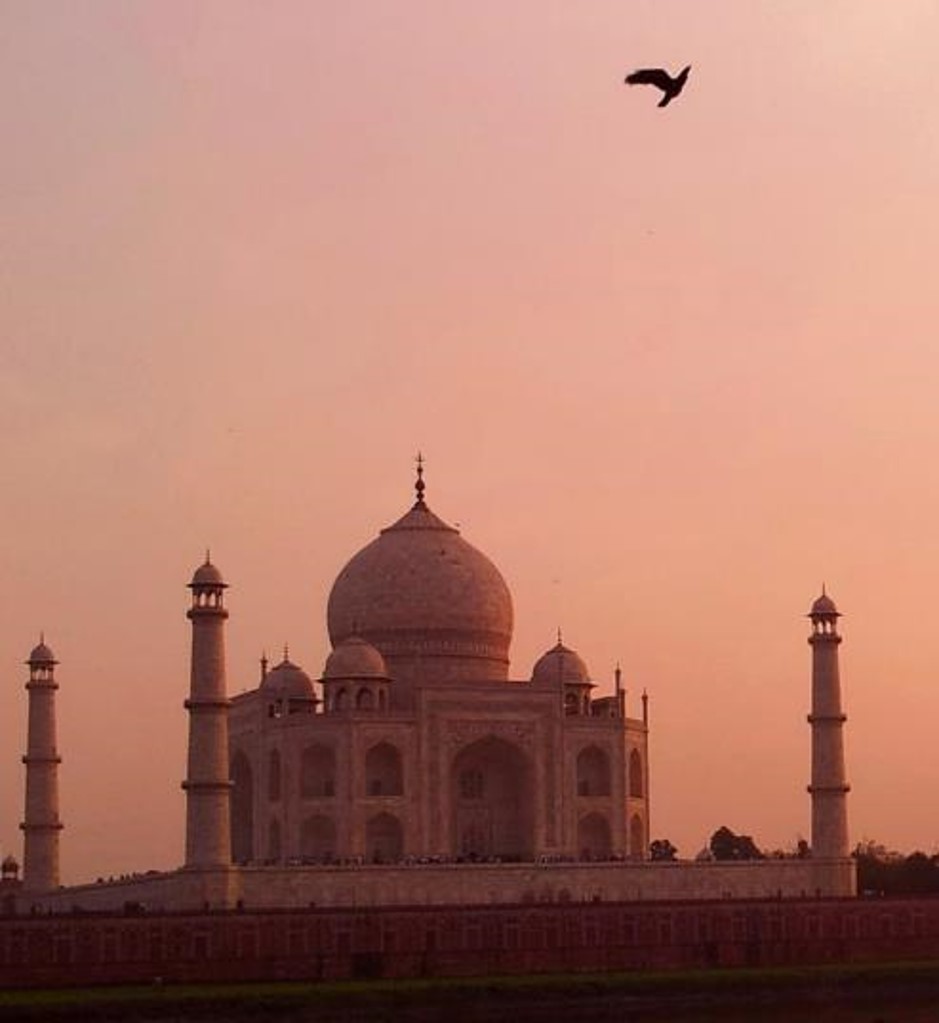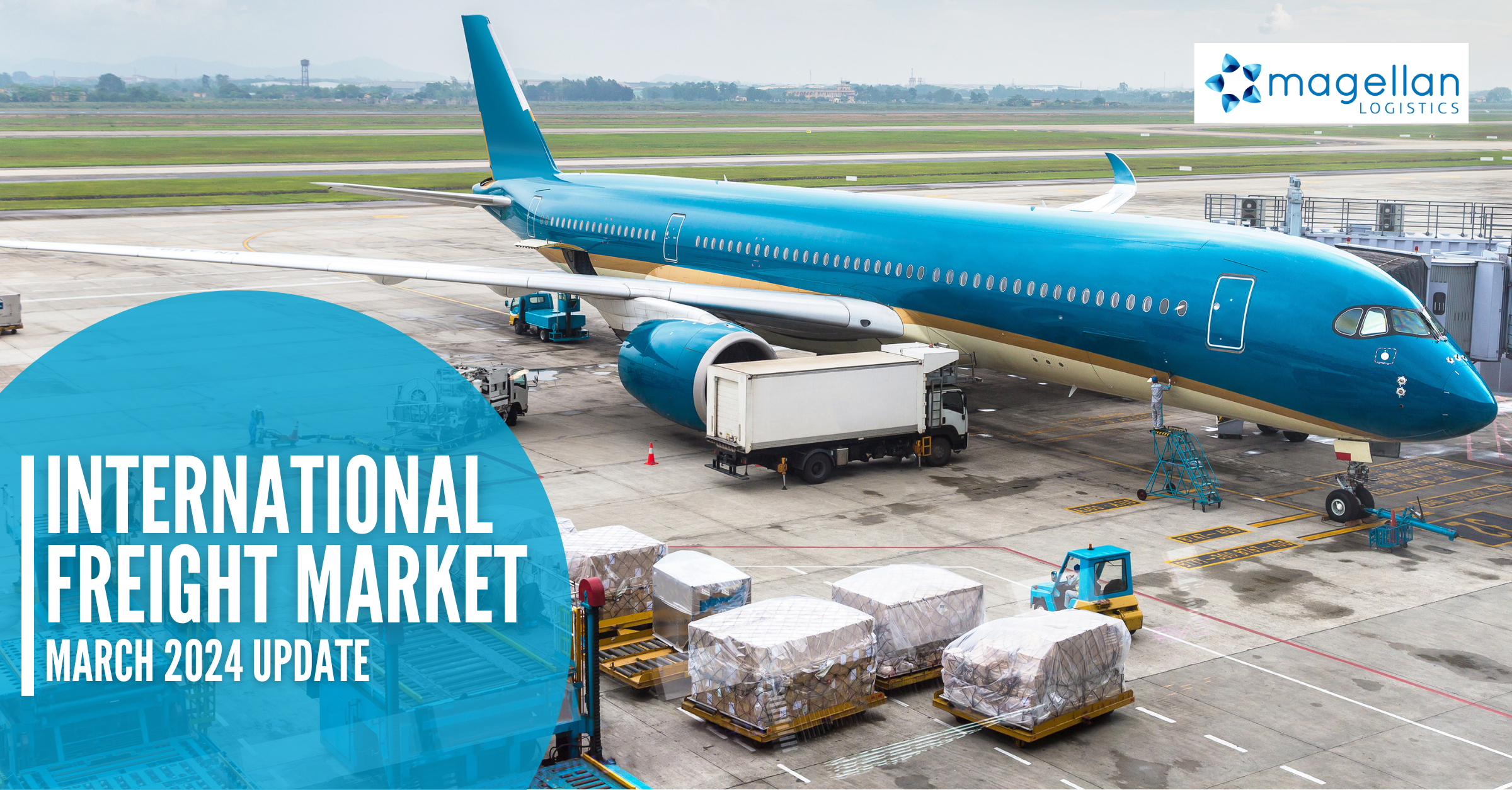Lockdown is a struggle for us all. But for the most part (with a few notable exceptions like hospitality, the arts and parts of the retail sector) we have managed to find workarounds. To our delight, we may have even found a few new practices we prefer. This may not have been the case in other parts of the world.
Most of you would know that India is the 2nd most populous country in the world, with a population density amongst the highest. COVID-19 and the government’s measures to combat it has had a significant impact on the way businesses operate across all sectors. Combined with somewhat unreliable public infrastructure and the monsoon the challenge is compounded.
Freight forwarding in India has had its fair share of challenges. Our partners have shared some of their situation with us.
Housing
As work opportunities in traditional agricultural regions become scarce migration from small towns and villages to urban areas for work and education is increasing.
Consequently, over-crowding in urban areas is considerable. Traditionally Indians still live in a joint family system, so it is common to find parents living with grown-up married children living in the same house.
Mumbai, Delhi, Bangalore, Chennai, Kolkata have some of the world’s most expensive real estate. This causes many to choose to live in satellite towns and commute to the city for work.
Transport
Most of India’s workforce travels by public transport – rail and bus. At least 35% use more than one mode to and from work. Private transport is used by less than 10% of workers.
Any disturbance in the public transport system brings commerce to a complete stop. It is common for public transport to shut down during the monsoon due to heavy flooding that can take hours to clear. For the most part, the system has been closed in major cities to encourage social distancing
Electricity
The electricity supply in India is unpredictable at best. Except in Mumbai, power-disruptions of an hour to half a day are common. Power lines run underground in most places so flooding is a major problem. Not many services have back-up power back to support a half-day power cut, so operations just have to halt until the power can be restored.
Internet
India defines broadband as any service over 512 KBps. The average home connection in urban areas is around 100 MBps with only a quarter of that speed guaranteed.
Gigabit connections & fibre are very expensive and unavailable in many cities. Most people rely on mobile data connections, but this also comes at a price.
Trucking & Labour
Traditionally drivers in India are migrants from smaller towns and villages. When the lockdown was announced almost the entire workforce returned to their hometowns. Even now, less than 60% of them have come back to work. This applies to intercity trucking and movements within a city.
Similarly, for cargo handling. There are not enough people to handle even the current reduced trade volumes and as such the cost of labour has risen.
Much of the office-based workforce are working from home in their hometowns, not yet comfortable to return to the cities.
Suppliers
Factories have also been severely affected by disruption to the availability of labour, parts, road and rail transport, and of course power failures. This will have a flow-on effect to ready dates for many suppliers.
Lockdown
Indian businesses are typically not well equipped for remote working. When the Work from Home order was announced there was little time to address the requirements and make equipment available. Mumbai had a week to make arrangements, but all other cities entered lock down overnight in March.
The situation today
Public transport is still mostly closed. Suburban rail is available in Mumbai for emergency services employees only. Metro rail is expected to restart in early September. Bus services are running with 50% passenger capacities and only in Mumbai.
Air travel is allowed with a travel permit. Inter-city rail services re-opened on 1 September at 50% also at capacity.
__________________
At the time of writing India enters its 168th day of lockdown and the death rate continues to grow. We can expect the disruptions to international supply chains to continue for some time to come. In the meantime, our thoughts are with our Indian colleagues as they deal with the day-to-day challenges of the pandemic.













